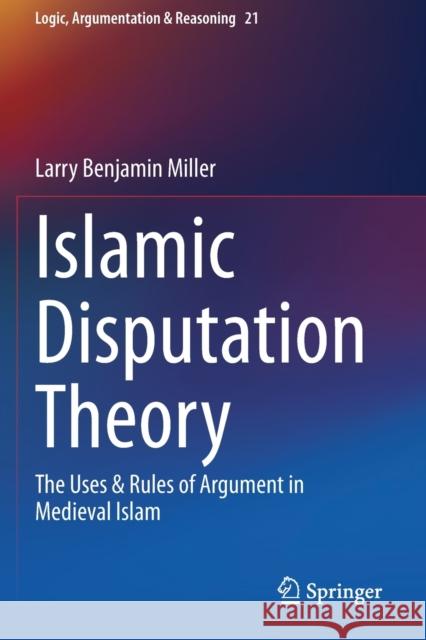Islamic Disputation Theory: The Uses & Rules of Argument in Medieval Islam » książka
topmenu
Islamic Disputation Theory: The Uses & Rules of Argument in Medieval Islam
ISBN-13: 9783030450144 / Angielski / Miękka / 2021 / 143 str.
Islamic Disputation Theory: The Uses & Rules of Argument in Medieval Islam
ISBN-13: 9783030450144 / Angielski / Miękka / 2021 / 143 str.
cena 342,95
(netto: 326,62 VAT: 5%)
Najniższa cena z 30 dni: 327,68
(netto: 326,62 VAT: 5%)
Najniższa cena z 30 dni: 327,68
Termin realizacji zamówienia:
ok. 16-18 dni roboczych.
ok. 16-18 dni roboczych.
Darmowa dostawa!
Kategorie BISAC:
Wydawca:
Springer
Seria wydawnicza:
Język:
Angielski
ISBN-13:
9783030450144
Rok wydania:
2021
Wydanie:
2020
Numer serii:
000461455
Ilość stron:
143
Waga:
0.24 kg
Wymiary:
23.39 x 15.6 x 0.89
Oprawa:
Miękka
Wolumenów:
01
Dodatkowe informacje:
Wydanie ilustrowane











